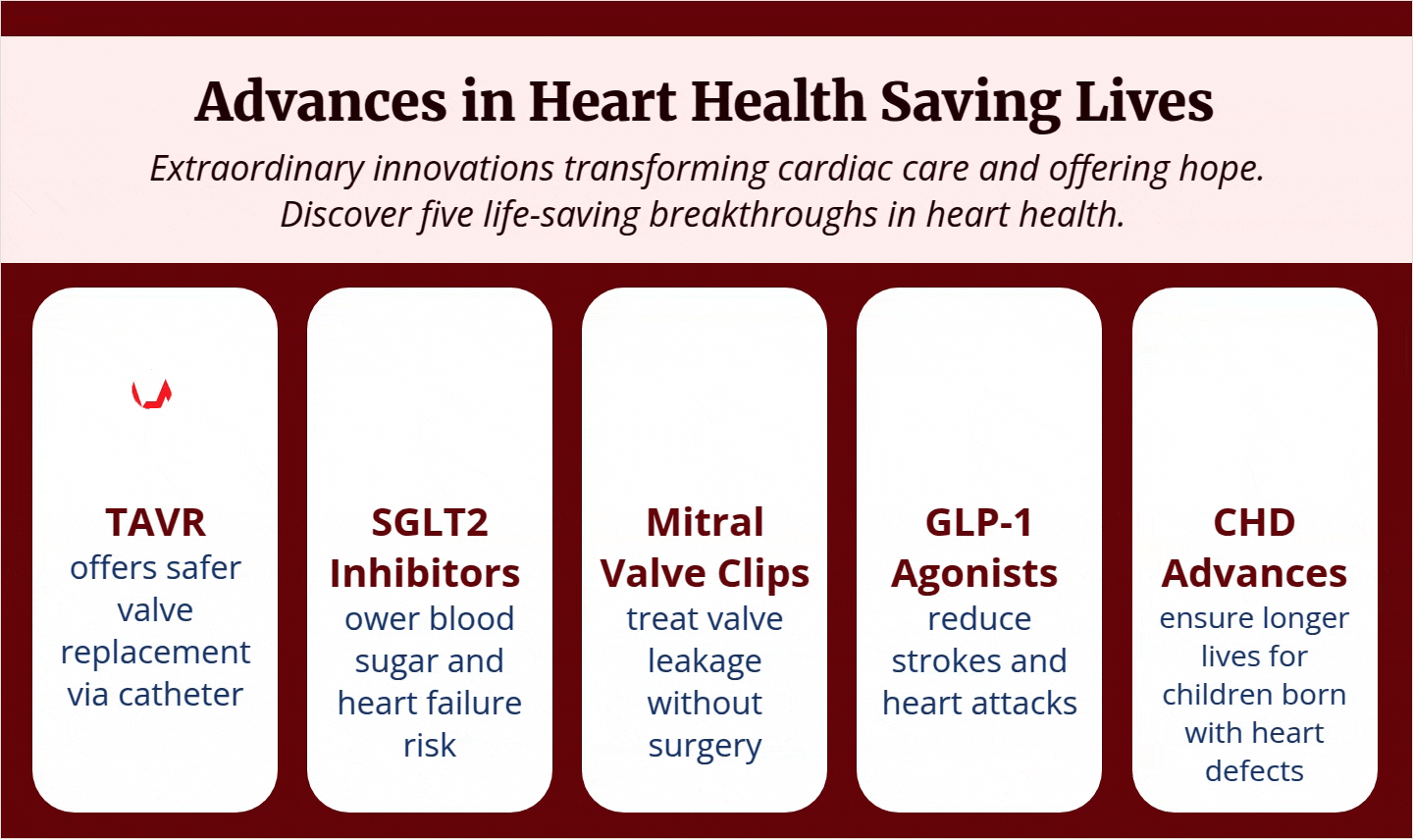
Early initiation of guideline-directed medical therapy in patients with cardiogenic shock supported with Impella®: a two-center retrospective study - PubMed
Source : https://pubmed.ncbi.nlm.nih.gov/41257682/
Our findings suggest that early initiation of GDMT during ICU stabilization is associated with improved 6-month outcomes in survivors of cardiogenic shock. This hypothesis-generating study provides a rationale for future...
Early GDMT initiation during ICU care for Impella-supported cardiogenic shock improved 6-month survival and reduced heart failure readmissions, with higher discharge GDMT intensity supporting a goal-directed strategy needing prospective validation.

Running on empty: Factors underpinning impaired cardiac output reserve in heart failure with preserved ejection fraction - PubMed
Source : https://pubmed.ncbi.nlm.nih.gov/38421268/
Heart failure with preserved ejection fraction (HFpEF) is frequently attributed etiologically to an underlying left ventricular (LV) diastolic dysfunction, although its pathophysiology is far more complex and can exhibit significant...
HFpEF involves diverse mechanisms impairing cardiac output reserve, including LV diastolic/systolic dysfunction, vascular stiffness, atrial and right ventricular abnormalities, valve disease, and chronotropic issues, supporting phenotype-guided, personalized therapeutic strategies.
Next-Generation Sequencing (NGS) enables molecular autopsy in unexplained Sudden Cardiac Death (SCD) among the young. It identifies inherited cardiac disorders, aiding diagnosis and guiding family risk. VUS interpretation remains a diagnostic challenge.
Did you know? In a recent study of acute cardiological emergencies, ChatGPT-4o matched cardiologists with 100% accuracy and far outpaced emergency physicians. With an average response time of just 11.27 minutes, it proved faster and more precise—highlighting AI’s potential as a reliable assistant in urgent care settings.
How might AI's unparalleled speed and high accuracy in critical medical scenarios enhance clinical decision-making in emergency departments?

How might AI's unparalleled speed and high accuracy in critical medical scenarios enhance clinical decision-making in emergency departments?




